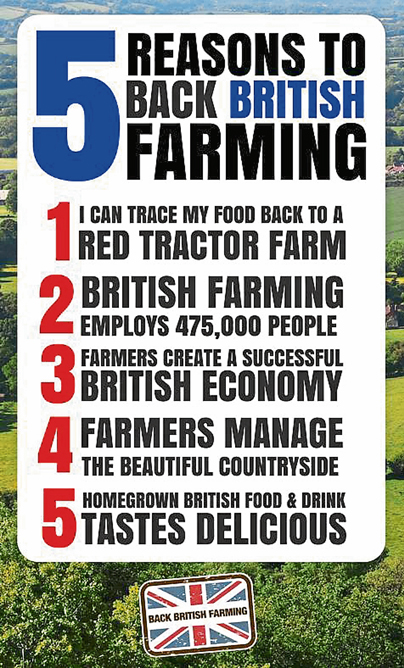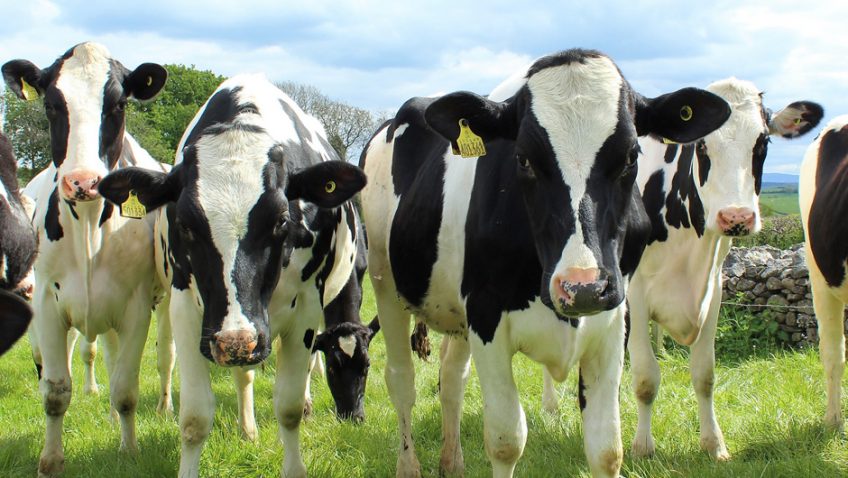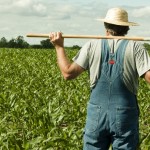Negotiations are underway for Brexit and we have already seen an increase in food prices. British farmers have a huge part to play in the supply of food yet more and more farmers are getting paid less for what they produce and struggling to make ends meet.
We have been in contact with Sustain, an organisation that represents around 100 national public interest bodies working at international, national, regional and local level.
Sustain: The alliance for better food and farming advocates food and agriculture policies and practices that enhance the health and welfare of people and animals, improve the working and living environment, enrich society and culture and promote equity.
Covering 75% of UK land, how and what we farm has a huge impact on the environment and wildlife, on the economy of rural communities and on our health.
 We need a farm system which is coherent with healthy food objectives, and a fair supply chain, which protects nature and farm jobs, ensures high animal welfare and which produces enough of what we need.
We need a farm system which is coherent with healthy food objectives, and a fair supply chain, which protects nature and farm jobs, ensures high animal welfare and which produces enough of what we need.
Examples of good policy and practice exist. The organic farm sector is thriving, some agri-environment schemes to protect farm wildlife are working well and some local supply initiatives are ensuring farmers gain a fair share of the food pound.
Yet government policies still largely encourage harmful production systems and many farmers and farm workers are struggling to make a decent living. Health, environment, biodiversity and economic indicators suggest we are not progressing towards a sustainable system of farming. We are also not producing the food we need as around 60% is imported.
Being in the European Union has meant UK farm policy was largely designed under the framework of a European Common Agriculture Policy. Brexit means that the UK will now have to take control of how it supports and regulates farming. This presents threats and opportunities.
Sustain is developing new work on the farmed environment and the communities in it. The issues they are looking at include:
- What next for UK farm policy post Brexit? How can we ensure public money pays for the broad range of public benefits we should get from farming and land management?
- What drives policy in the wrong direction? We have seen so many jobs and livelihoods lost in farming systems yet we spend £3 billion subsidising farming, and our supermarkets make huge profits. How can we get the economics of the food chain and farm and trade policy to ensure good farming, jobs and livelihoods?
- Does the current food supply chain and retail sector ensure fair dealing or do we need better regulation to ensure farmers can earn a fair living treating the land, animals and workers well?
- How can we ensure good farm working conditions and better opportunities for new entrants into farming? What are the other opportunities at a political, industry or other level to push for a new direction in farm policy here and in Europe so that the outcomes better reflect Sustain’s objectives on better food and farming – from health to environment, nature, welfare and development.
Sustain runs a Farming Working Party to share thinking and experience, exploring policy options and networking opportunities as well as setting up research projects.
The National Farmers Union
We also asked the NFU for their view on the current state of food production and supply, and the appointment of Michael Gove.
Their President Meurig Raymond said: “We look forward to working with the new Secretary of State for Defra, and alongside our friends and colleagues from the Food and Drink Federation, as well as other food and farming organisations at a critical time for our industry.
“British farms grow the raw ingredients for the UK food and drink manufacturing sector, the UK’s largest manufacturing sector, worth £109 billion and providing 3.8 million jobs. Farming is of enormous value to the economy – for every £1 invested, farming delivers around £7 back to this country. British farmers are proud to provide over 60% of the nation’s food and manage 70% of the UK landscape. We do this all while focusing on producing safe, nutritious and high-quality food for people at home and abroad.
“We are looking to Defra to work with us and our members, to champion farming within the Government and to work closely with the devolved governments across the UK. Our shared aim is to ensure a productive, progressive and profitable future for British farmers and assurance to British consumers.
“With farming arguably the sector most impacted by Brexit, NFU members need certainty as soon as possible that this Government will make Brexit a success for British food and farming. To achieve our potential, we need a future post-Brexit trade arrangement that delivers the best possible access to the vital EU market, as well as continued access to a competent and reliable workforce. With your experience in reforming policy environments we look forward to working with you to create a new wider policy framework that better delivers for British food and farming – and for our nation.“
Food campaigner
I recently had the privilege of attending a discussion featuring Rosie Boycott, pioneering journalist and activist for women’s rights who has now embarked on a mission to have a sensible workable policy for food.
Rosie currently works for the Mayor of London’s office as Chair of the London Food Board, and she has some frightening statistics on the risk to the nation’s health relating to diet. With the increase in obesity and type 2 diabetes putting so much strain on the NHS she urgently campaigns for more importance to be given to the area of food consumption and production. The lack of a comprehensive food policy covering greenhouse gases, children’s health, malnutrition in later life and poor-quality food makes this the ideal time to get behind some serious planning.
So come on Mr. Gove time to prove your worth.
Let us know what you think about this subject that affects everyone one of us.




